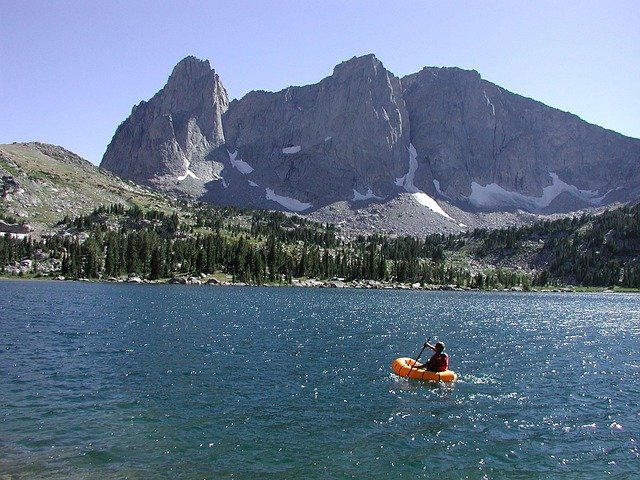
Citizen scientists are already providing large amounts of data for monitoring biodiversity, but they could do much more, according to a new study published in Biological Conservation.
Citizen scientists are regular people who provide data or input to science, for example by monitoring species in their community or examining satellite imagery for evidence of deforestation or land use change.
The new article looks at international conventions on biodiversity and endangered species, and the indicators that are needed to track biodiversity on a global scale, known as Essential Biodiversity Variables (EBVs).
It examines the areas where citizen scientists already contribute, those where they do not, and what areas could benefit from expansion of citizen science efforts.
The study represents the most comprehensive survey to date of citizen science, including community-based monitoring.
It finds that citizen scientists are one of the main sources of data on species occurrence, in particular for birds and especially in North America and Europe.
The researchers argue that such programs could be strategically expanded in order to provide more data on other indicators and from countries outside North America and Europe.
The researchers also found that while a lot of citizen-generated data already exists, less than 10% finds its way into global biodiversity monitoring.
This bottleneck comes from a lack of resources, issues of interoperability, and a need for data repositories.
Although the Global Biodiversity Information Facility (GBIF) has been a great success for curating global species occurrence data, this represents only 1 out of 22 EBVs.
The researchers say that it is important to establish similar repositories for other EBVs.
One positive finding is that citizen science complements other forms of monitoring such as remote sensing.
Efforts are now underway to look at combining efforts to get a more complete assessment of what is happening to biodiversity.
Citation: Chandler M, et al. (2016). Contribution of citizen science towards international biodiversity monitoring. Biological Conservation, published online. DOI:10.1016/j.biocon.2016.09.004.



